
Luc Jacquet, a filmmaker who fears humans more than the Antarctic harshness
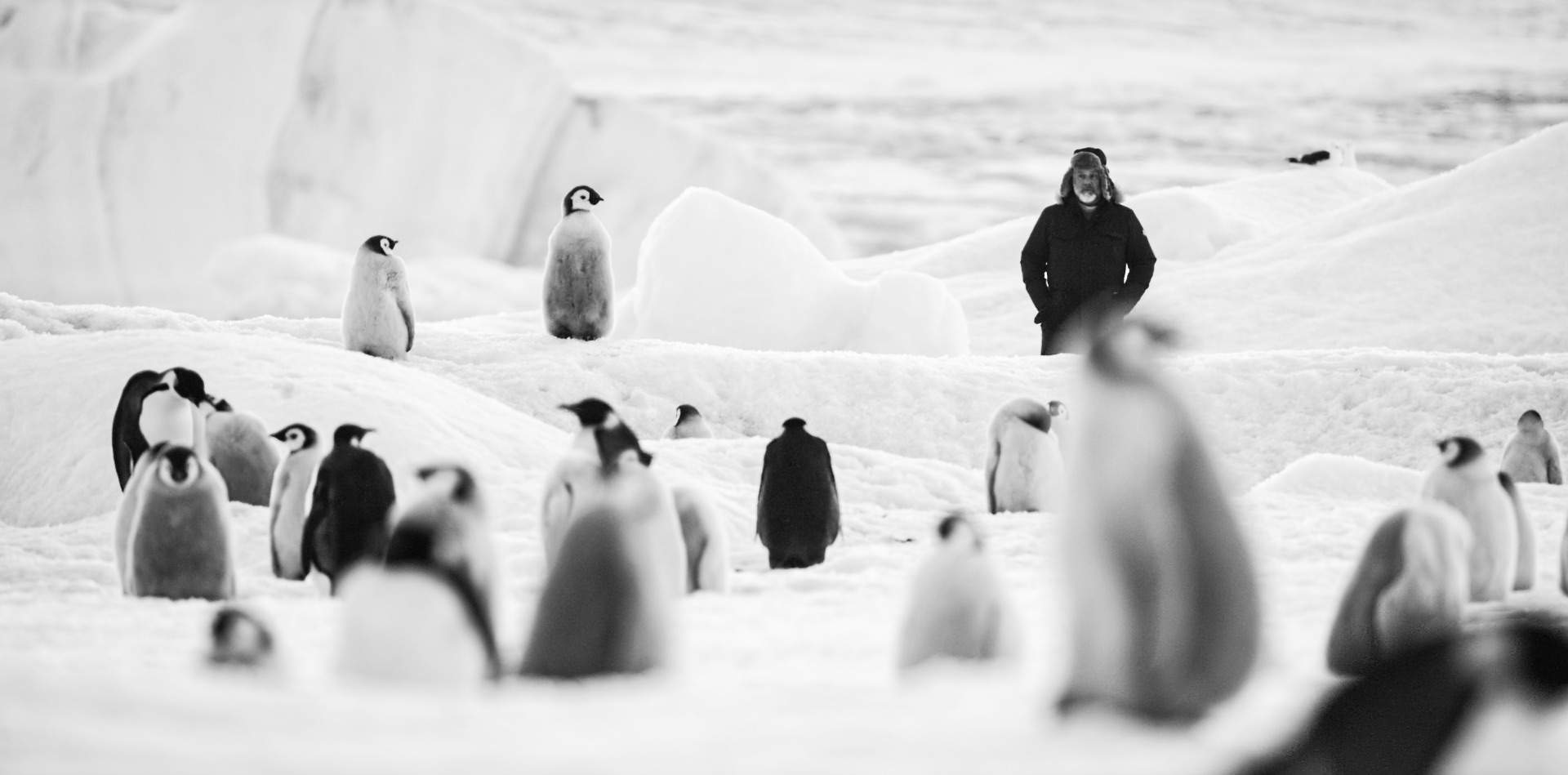
The French director of March of the Penguins (2005) brought his latest work, Antarctica Calling, to the Locarno Film Festival, where he told SWI swissinfo.ch about his deepest fears and his attraction to the “great whiteness”.
As the festival’s artistic director Giona A. Nazzaro welcomed Luc Jacquet to the stage of the Piazza Grande, prior to the screening of his new film, two environmental activists disrupted the ceremony by gluing themselves to the stage. Shortly before the incident, Jacquet discussed with SWI swissinfo the legitimacy of “eco-terrorism” and the challenges of planning and shooting in the most inhospitable continent in the world.
Antarctica Calling marks the return of Jacquet to the South Pole, a region that, despite its harsh conditions, has an unexplainable attraction. But for Jacquet in particular, his forays in the Antarctic continent have made him one of the most celebrated nature documentarists internationally, thanks in good part to the Oscar awarded to his film March of the Penguins in 2005.
Making that film, the crew experienced serious setbacks in the field – a rescue operation almost bankrupted the producer Emmanuel Priou – and compromised the whole project. This time, however, there were no incidents. But that doesn’t mean the production was any easier.
The film was shot during two Antarctic summers and relied on a careful logistical operation. “There is the logistics of the scientific bases, the logistics of the ships and of the airplanes, and all of them dependent on the meteorological conditions,” he says.
Jacquet starts his journey in Patagonia, at Torres del Paine national park, in Chile, and takes the viewer gradually to the southernmost point of the planet. The film is shot in black and white, with a brief blueish poetic moment. At a certain point Jacquet explains that life in the Antarctic has no nuances, everything is black and white.
He is careful to not let his position as an observer lead to overall conclusions – the state of the planet, the climate, and its impact on fauna and flora are the domain of scientists. And in science he trusts.
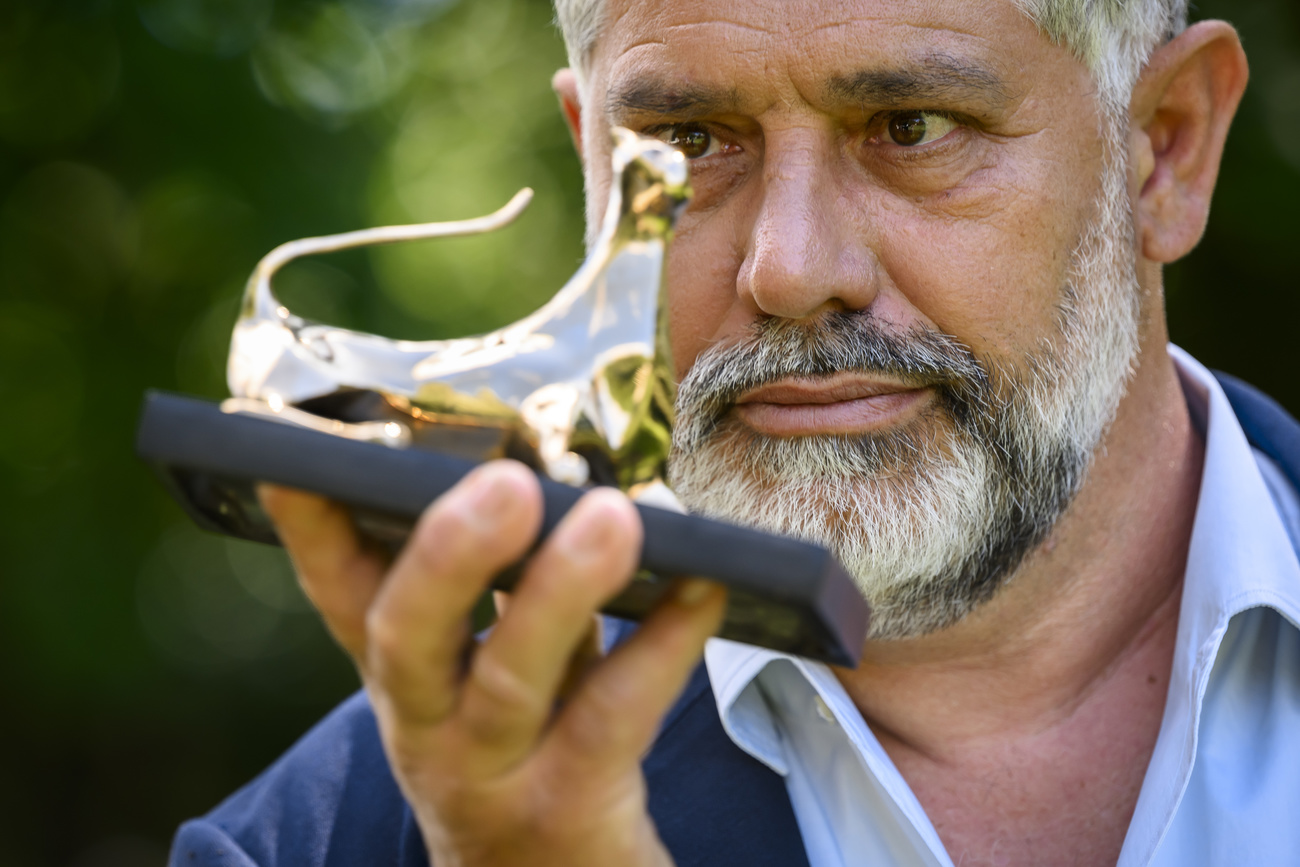
SWI swissinfo: How do you categorise your new film?
Luc Jacquet: It’s not a wildlife documentary, it’s not a nature documentary. I really wanted to take people on a journey that they probably won’t be able to make from Patagonia to the South Pole, to try to make them understand why all the people who go to Antarctica, and I’m the first, are literally gripped by the permanent desire to go back there. I wanted people to make the trip, especially at a time when we’re asking ourselves so many questions about the future of the planet and humankind.
I didn’t want it to be a travel film, a touristic documentary of sorts. It’s an inner journey that really questions the beauty of the world, and that leaves room for what landscapes can bring you when you travel.
SWI: It is indeed a very personal film that seems to summarise your almost four years, in total, spent in Antarctica. How can you describe the sensations you went through while there?
L.J.: The further south you go, the sharper it gets, until the black is completely eliminated from view. But I think it’s also good to understand what the force of the elements, the violence of the wind, the violence of the cold and the gaze that can get lost. We are not really used to silence, we’re not used to empty spaces any more.
Once there, you rediscover someone you don’t know inside yourself. It can be distressing when there’s a moment when you can’t hear anything other than your body’s own organic noises, whether it’s the beating of your heart, the sound of your intestines, the pulsation, you can hear the blood in your ears. Since there’s nothing else around, I think that it makes us more human.
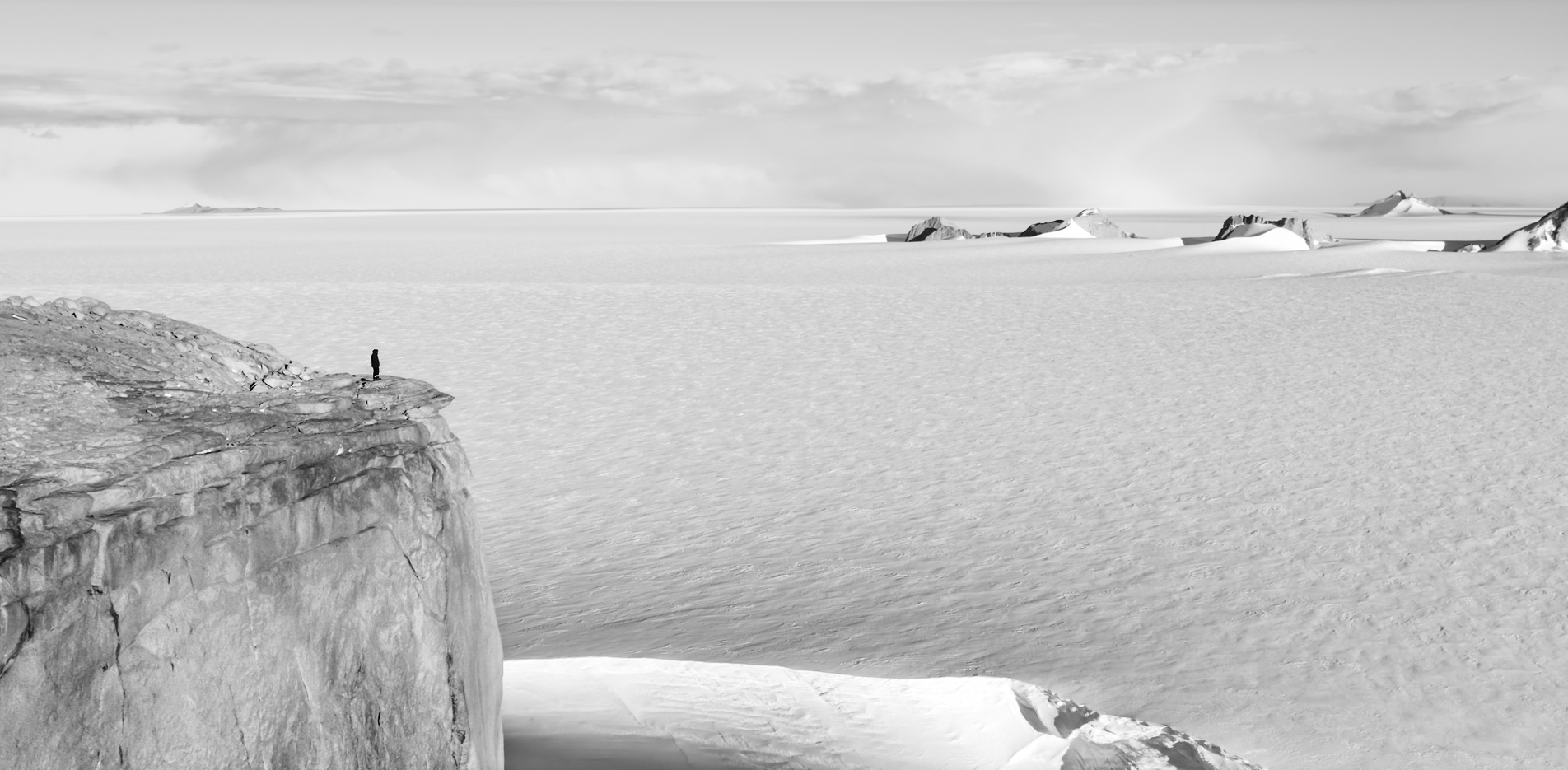
SWI: What do you have to consider when planning a shooting expedition to the South Pole?
L.J.: Journeys are always long, it’s hours and hours on the plane, days and days on the boat. You’re entering a completely different time frame, meaning that you don’t know when the boat is going to leave. You know even less when it’s going to arrive. You don’t know when the plane will take off, because of the weather. And you don’t know how long you’re going to stay. In our society, we’re used to planning everything. But there, you don’t plan anything any more, you have an intention. This intention has to be inflexible, you have to go for it. But on the other hand, you don’t know how it’s going to be achieved.
SWI: And how did it affect the shooting process?
L.J.: Nothing is ever smooth, which means that there are plenty of places we couldn’t go because the weather wasn’t good. There are plenty of places where you give up, but if you go to Antarctica with a precise plan, you need considerable resources.
We devised a way of filming that was focused on the here and now. We drew an imaginary line between Patagonia and the South Pole, and we followed that line. And every time we stopped, we looked around us and tried to use what’s around us to tell the story of the film in a completely different way. It’s really a film that came together as we went along.
SWI: Thinking of the current climate emergency, what did you observe in your last expedition to the Antarctic?
L.J.: I’m always wary of the observer effect, staying there for a few days and drawing up global theories. Personally, I’m more inclined to believe in science and long-term observations, which tell us that Antarctica, which until now has been spared from melting, was indeed experiencing terrible things such as the Arctic. But in the Antarctic today, the winter sea ice has never been so weak. We sense that extremely powerful melting phenomena are underway.
SWI: What else did impress you?
L.J.: Actually it was something I saw back when we were shooting March of the Penguins. When we finished shooting, for the first time in my life, I felt rain in Antarctica, and I had never experienced a drop of rain there before. And the consequence is that the Antarctic fauna is not ready for it. Those animals have plumage that is extremely resistant to the cold. But as soon as they get wet, they lose their resistance to the cold and freeze to death, especially Adélie penguin chicks. When it rained in summer, the ground became a quagmire and the animals practically drowned in it. As a result, 100% of the animals born that year died of cold and disappeared. Animals won’t have time to adapt to climate change, just like plants, that’s what we’re talking about.
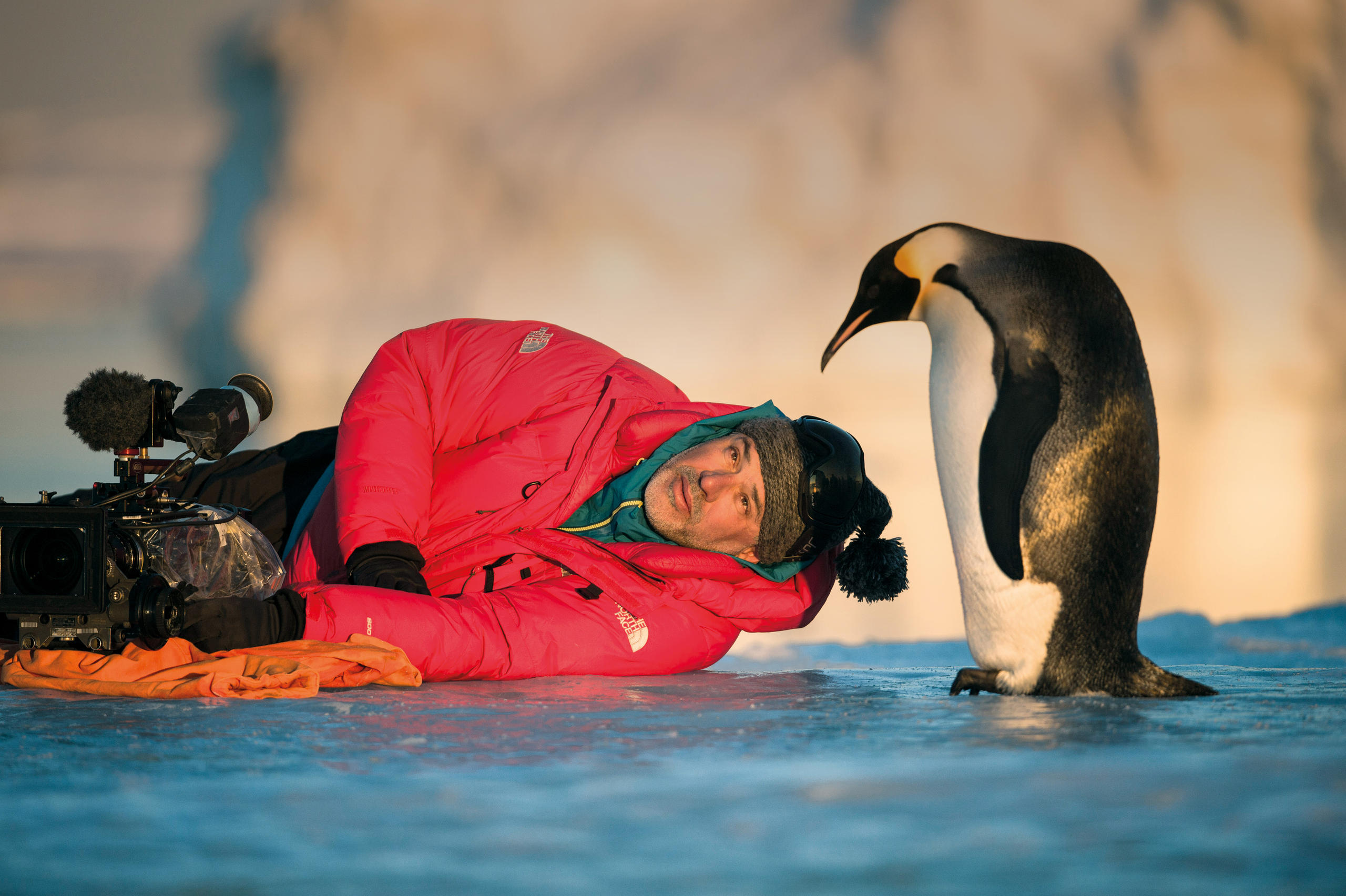
SWI: Considering all that you have seen, what do you fear most?
L.J.: The things that frighten me most today are the people who question the theories of evolution, people who believe the Earth is flat. When I arrived in this world, I felt that progress was a kind of line that went on and on. And today, I have the impression that it’s stopping. For me, as a humanist and a universalist, it is scary to see all this knowledge, science and rationality giving way to esotericism and belief.
Just as we’ve seen with Covid. Never could I have imagined that vaccination, which for me is a notion of major progress, might at some point be called into question. I hadn’t understood that in the end, we were scaring people with it. And there was also a part of the pharmaceutical industry that had completely misappropriated this knowledge to simply make money out of it without asking any questions.
I think that today we really have to ask ourselves some very profound questions about our relationship with science, our relationship with knowledge, to come back to something in which I believe deeply, that is rationality. Which doesn’t prevent you from believing in things, believing in God, believing in whatever you want. They’re not incompatible.
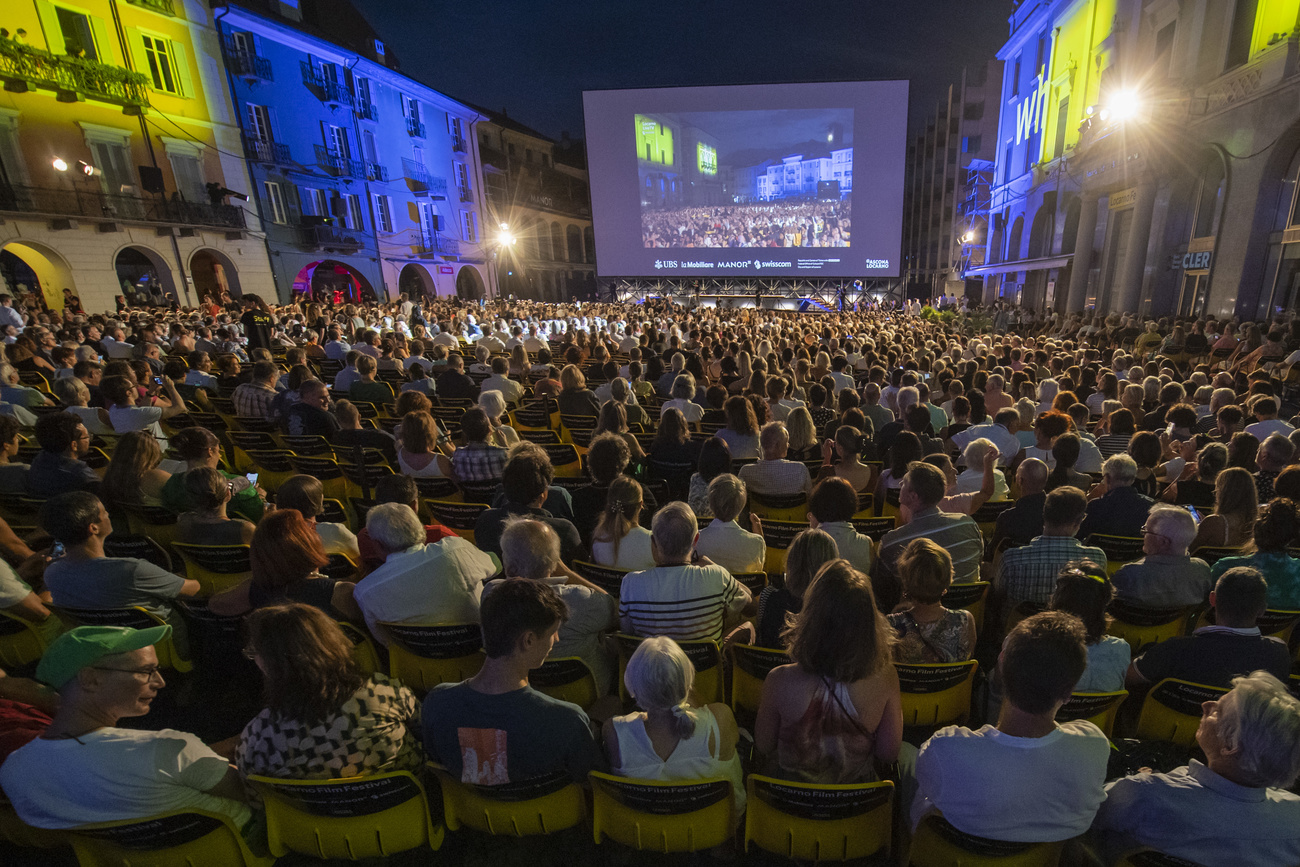
More
Locarno Film Festival announces programme for its 76th edition

In compliance with the JTI standards
More: SWI swissinfo.ch certified by the Journalism Trust Initiative






























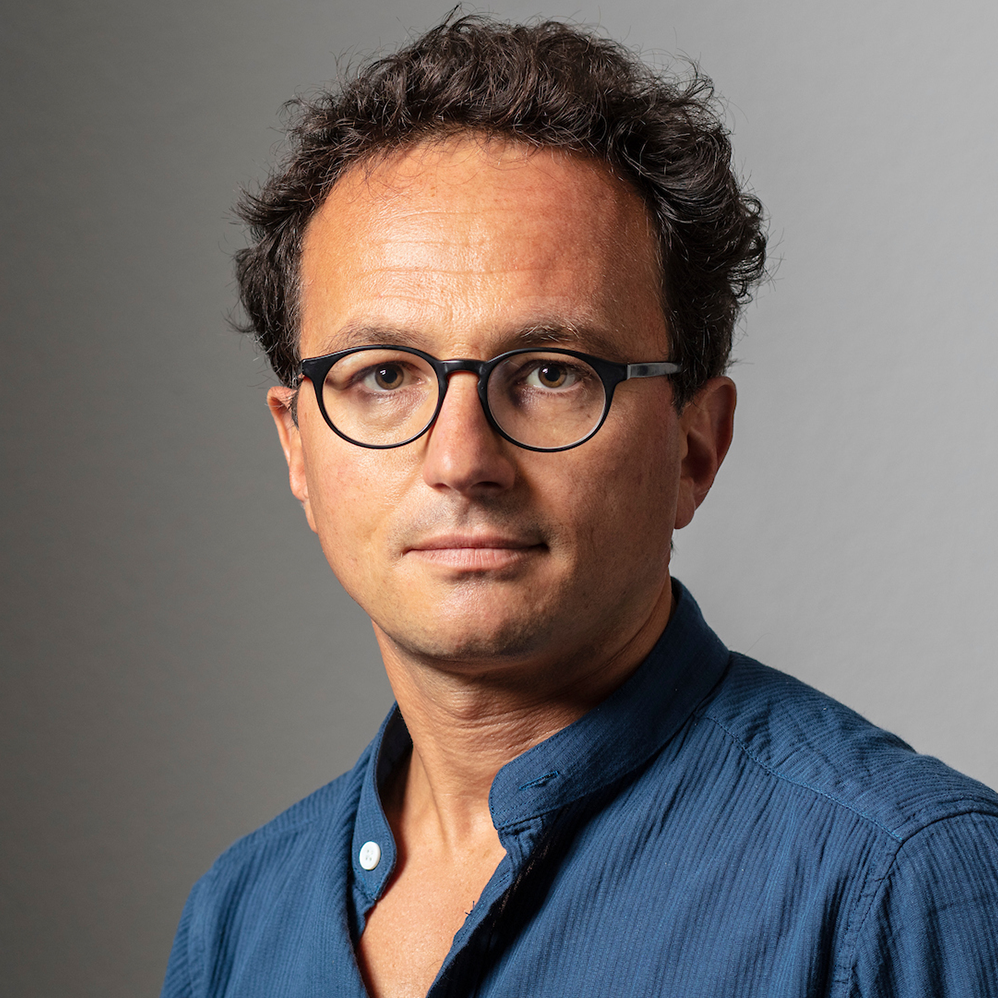
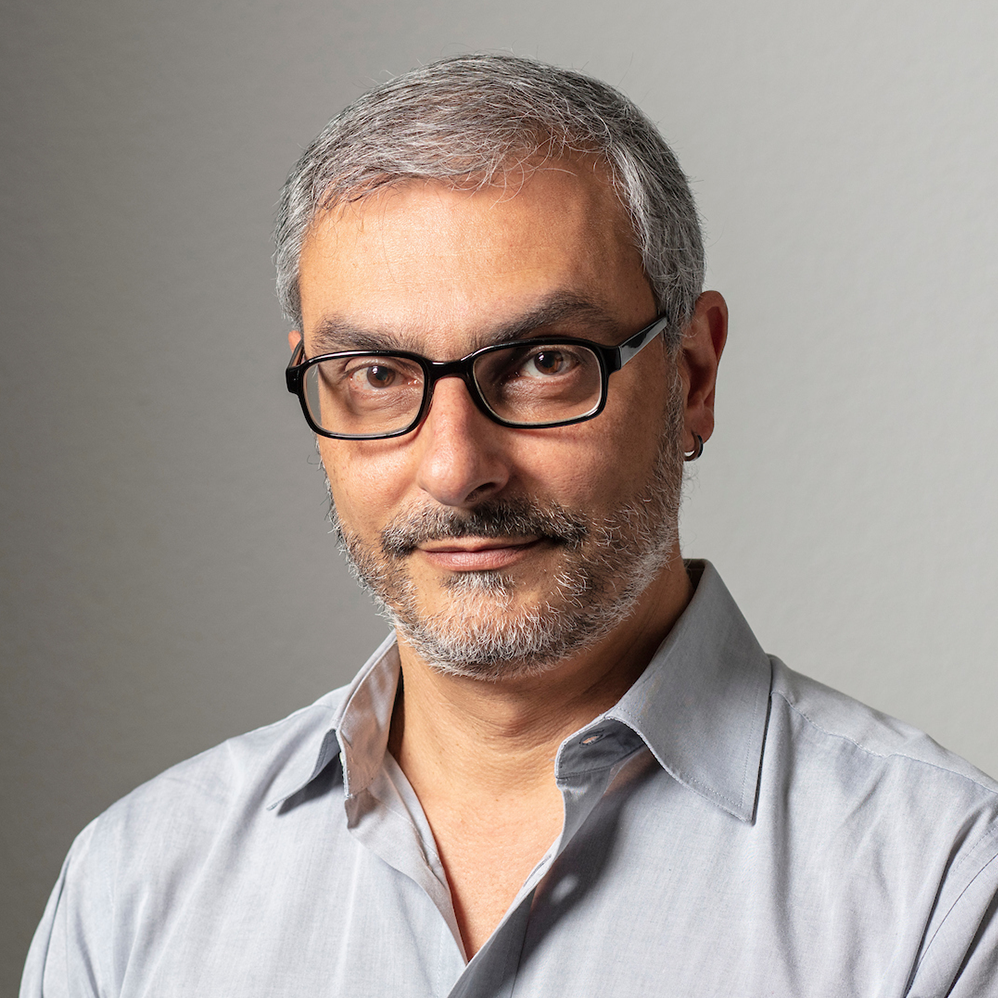
You can find an overview of ongoing debates with our journalists here . Please join us!
If you want to start a conversation about a topic raised in this article or want to report factual errors, email us at english@swissinfo.ch.